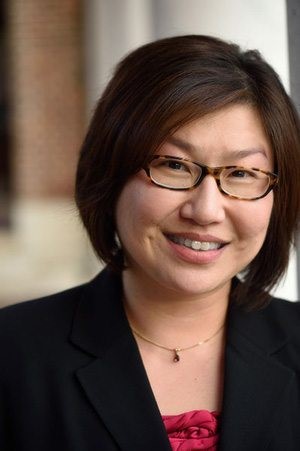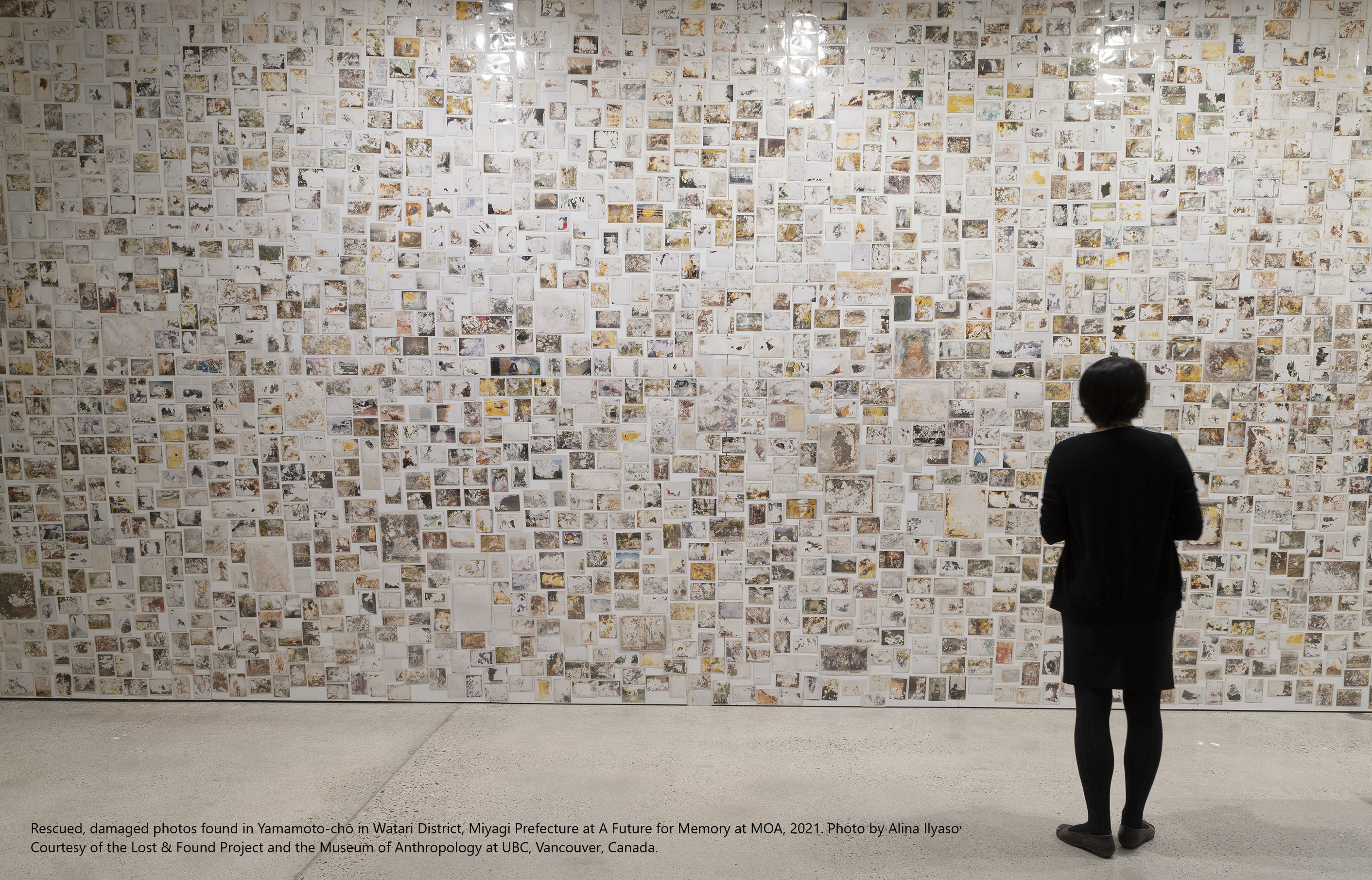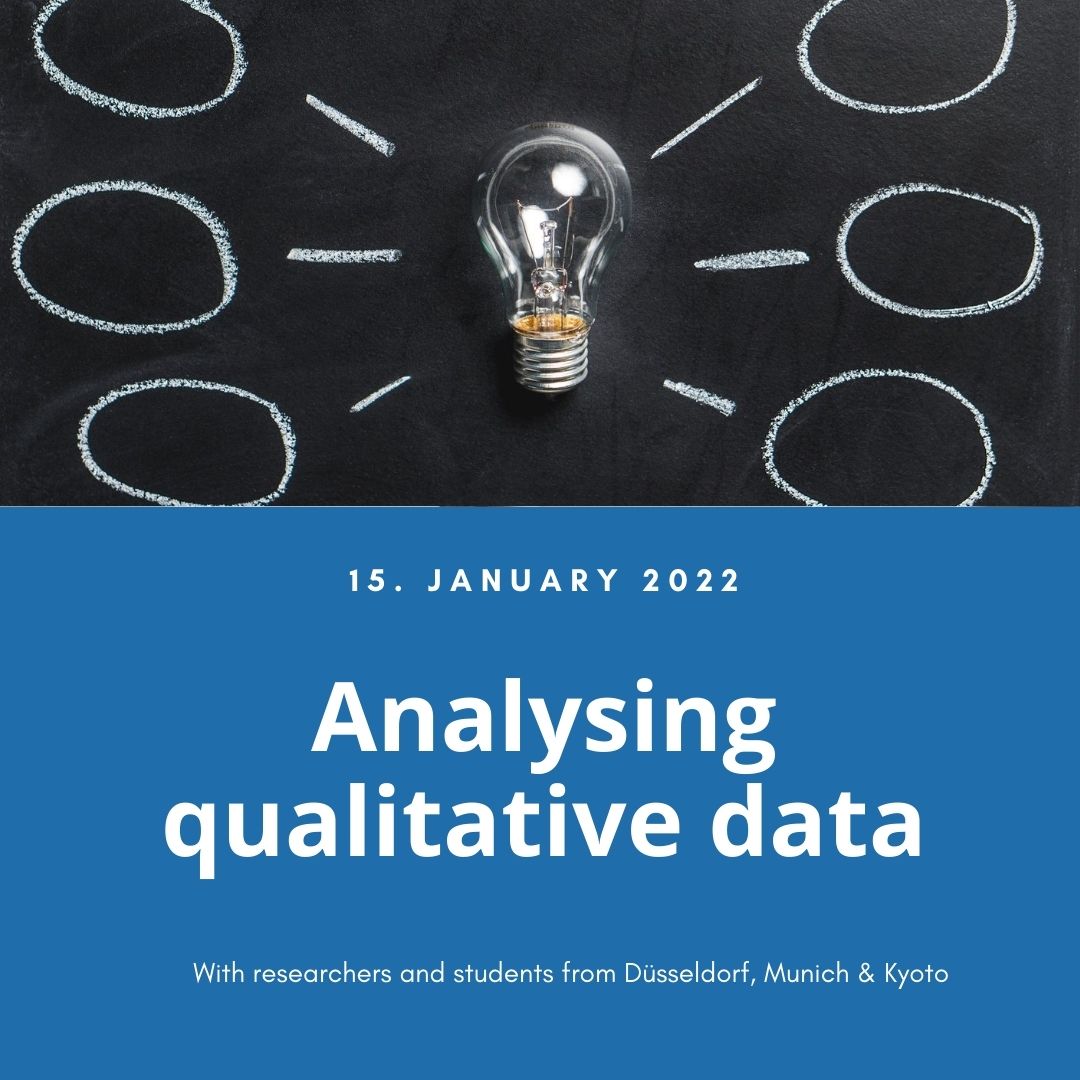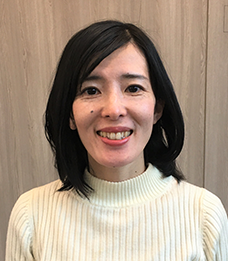
Vortrag: „’Equal Study‘ and Sign Bilingualism in Japan“ (Jennifer M. McGuire)
ZoomThe recent Olympics and Paralympics have thrust the issue of "accessibility" in Japan into the spotlight. Accessibility features promote inclusion, but they do not guarantee it. Accessibility is more than ensuring the “ability” of people with disabilities to access products, services, structures, and systems. This presentation focuses on the effect of various inclusion efforts on...





